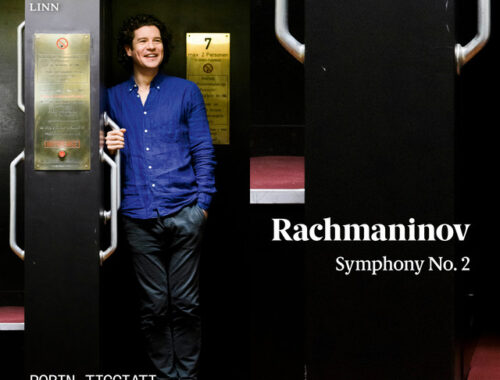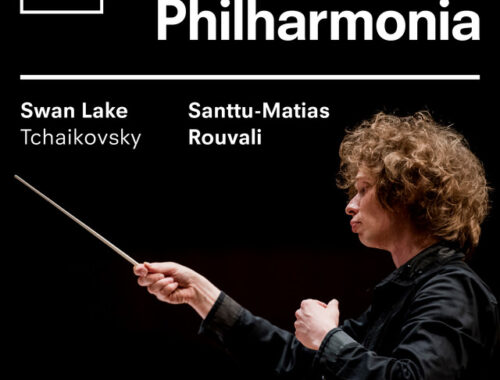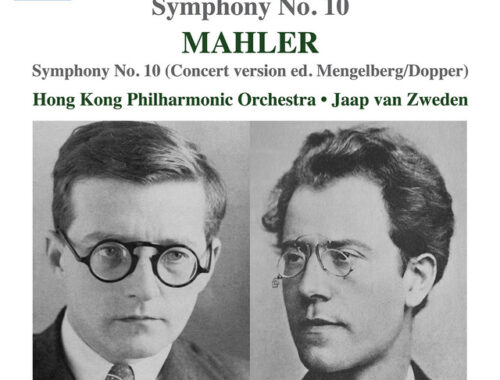Verdi “Otello”, Royal Opera House
It is the most resplendent of vocal fanfares that brings Otello to the stage in Verdi’s wonderful opera and Aleksandrs Antonenko – the latest in a most distinguished lineage (including Vickers and Domingo) to have strode into the tempest-tossed opening of Elijah Moshinsky’s ageless staging – at once raised the temperature in the house cleaving the air with his trumpet-toned delivery. And considering it was already pretty high with Antonio Pappano’s chorus and orchestra venting the fury of Verdi’s writing with clean attack and vivid rhythms, anticipation of the Moorish warrior’s entrance could not have been higher.
But, of course, in this opera Otello’s heroics, to say nothing of his paranoia and rage, is only the tip of the iceberg and I think in time Antonenko – who looked marvelous, too (with thankfully only the merest hint of the swarthy complexion befitting his race) – will deepen his portrayal to show us in that hair-raising third act the darkest recesses of his soul. That’s where the lowest and most fearful notes in the role reside and whilst the cruel facetiousness of the scene with Desdemona hit the spot, the terrible loneliness of the ensuing monologue (always so heartbreaking in Domingo’s portrayal) was not yet quite there, the low notes a stretch. Even so, quite something.
As was Anja Harteros‘ Desdemona. This most perfect of Verdi voices, combining purity of production with a plangency that told you she could and would muster the necessary heft for act three, was heartbreakingly deployed in that act, her bewilderment at Otello’s growing irrationality palpable and scary. And how hauntingly her “Willow Song” grew more fearful, breaking down with that desperate farewell to Emelia.
And the architect of all this heartbreak and tragedy – Iago? It really helps having an Italian in the role and Lucio Gallo used words and inferences as only a native can. His subtlety of his word-colour in the “Credo” was mirrored in the orchestra, Pappano drawing thrilling contrast between its declamatory gestures and the hollow, clarinet-infused, void that is Iago’s vengeful soul. And as for those honeyed enticements in head voice – chilling.
But I shall long remember Antorenko’s entrance in the final scene, string basses murdering sleep with their sepulchral bottom E, and the unbearable poignancy of the tender kiss he plants on Desdemona. Final confirmation that just about everything was right about this revival.
You May Also Like

GRAMOPHONE Review: Rachmaninov Symphony No.2 – Deutsches Symphonie-Orchester Berlin/Ticciati
10/11/2021
GRAMOPHONE Review: Tchaikovsky Swan Lake excs – Philharmonia Orchestra/Rouvall
11/11/2020